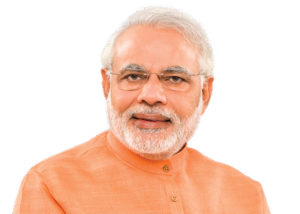The Supreme Court ruled that stay orders won’t automatically expire over time

The Supreme Court has ruled that stay orders will not be automatically vacated with the passage of time.
The 2018 judgment, which stated that stay orders of the lower courts should be automatically vacated unless specifically extended, was not agreed upon by a five-judge Constitution Bench led by Chief Justice D. Y. Chandrachud.

The Supreme Court’s decision on February 29 clarified the limitations of its authority in relation to interim orders issued by State High Courts and trial courts. Chief Justice of India D.Y. Chandrachud emphasized that the Supreme Court cannot unilaterally reduce the duration of stay orders issued by lower courts, as these decisions are made after careful consideration by the respective courts. The ruling also highlighted that the Supreme Court cannot impose time limits on lower courts to complete trials after lifting stay orders.
This judgment reaffirmed the principle of judicial independence and the separation of powers between the Supreme Court and State High Courts. The Constitution Bench’s decision underscored that the Supreme Court’s power to deliver complete justice under Article 142 does not extend to overriding the decisions of lower courts. The guidelines established by the Bench serve as a reminder to Supreme Court judges to exercise restraint and respect the autonomy of State High Courts in their decision-making processes.
The Constitution Bench was addressing the issue of whether the Supreme Court, utilizing its powers under Article 142, had the authority to mandate that a stay order issued by a High Court would automatically expire after a certain period of time. Additionally, the Bench considered whether the Supreme Court, again invoking Article 142, could direct that the ongoing trial be concluded within a specific timeframe.
Justice A.S. Oka, who authored the primary opinion on behalf of the Constitution Bench, concluded that the Supreme Court did not possess the authority to undertake such actions.
Determining the duration of a stay order or the timeframe for the resolution of a case was entirely within the purview of the High Court or the trial court concerned.







